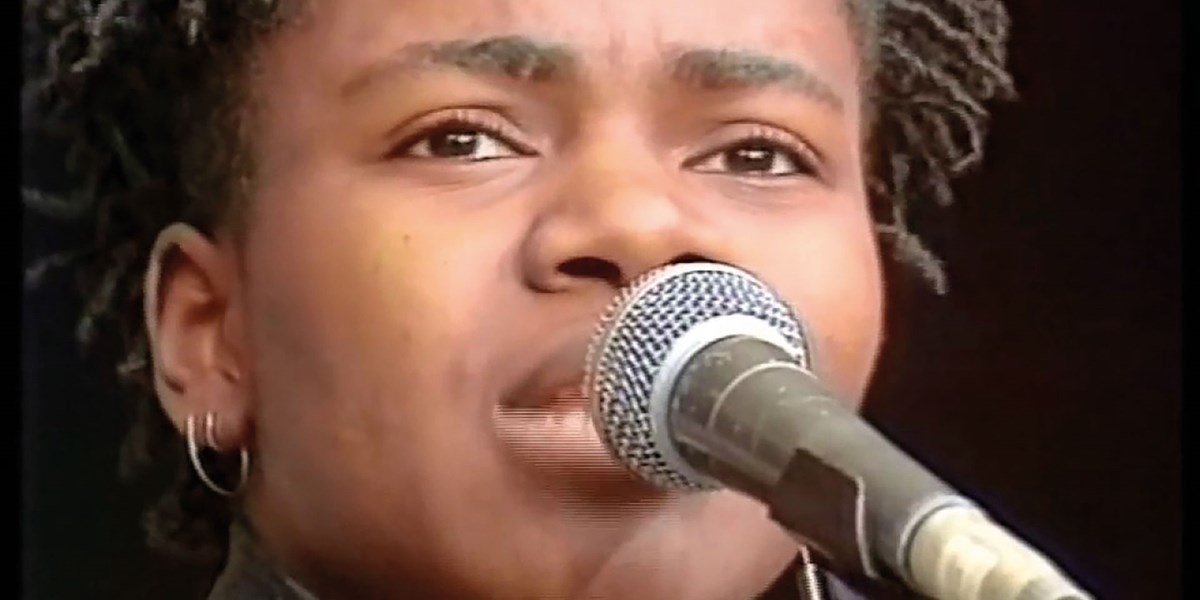Thursday, June 12, 2025
Tracy Chapman on the show that changed her life
Tracy Chapman recalls how Stevie Wonder’s lost hard drive inadvertently gave her debut album the extra exposure it needed to kickstart her career and become a still-loved classic


Register now to continue reading

Thanks for visiting the Songlines website, your guide to an extraordinary world of music and culture. Sign up for a free account now to enjoy:
- Free access to 2 subscriber-only articles and album reviews every month
- Unlimited access to our news and awards pages
- Our regular email newsletters

